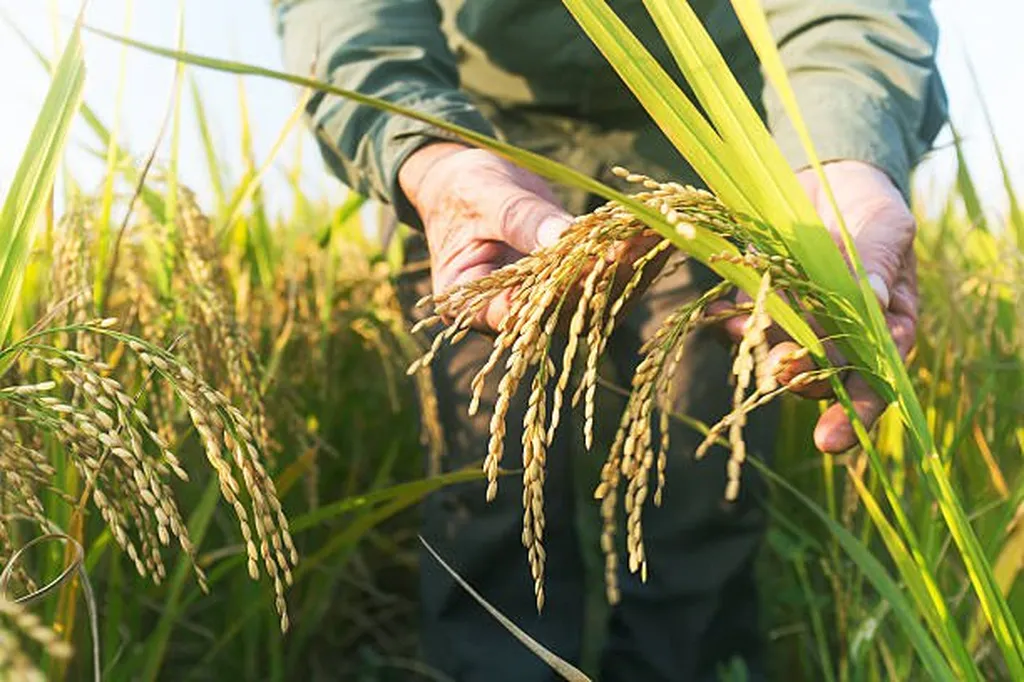In the heart of Kazakhstan’s Akdala Massif, a groundbreaking study is reshaping the future of rice cultivation in arid regions. The research, published in *Frontiers in Water*, explores the potential of reusing collector-drainage water to alleviate freshwater deficits, offering a sustainable solution for irrigated agriculture in water-scarce areas.
The study, led by Malis Absametov of the Ahmedsafin Institute of Hydrogeology and Environmental Geoscience LLP at Satbayev University, focuses on the Bakbakti Rice System in the Tasmurun section. Over three years, researchers conducted field experiments on two rice fields, evaluating water and salt balances, soil and groundwater dynamics, and water-saving irrigation technologies. The results are promising: by incorporating 25–30% collector-drainage water into the irrigation regime, the team reduced freshwater withdrawals by 14%, amounting to 1.674 million cubic meters annually.
“This approach not only conserves freshwater but also maintains soil and groundwater quality,” Absametov explains. “It’s a win-win situation for both the environment and the agricultural sector.”
The economic implications are equally significant. The mixed-source irrigation approach lowered the irrigation norm from 26,082 to 22,900 cubic meters per hectare, increasing rice yields by 6.8–9.2%. Economic efficiency rose by 25%, with farm profitability reaching 35%. These findings highlight the potential for similar systems to be implemented in other water-scarce regions, offering a sustainable pathway to strengthen water security and enhance economic resilience.
The study’s significance extends beyond Kazakhstan. As the first field-validated research of its kind in the region, it presents a novel technology that avoids the negative impacts of diverting drainage water into river channels. The rational reuse of collector-drainage water offers a practical balance parameter for adapting irrigation systems under water scarcity.
“This research provides a blueprint for other arid and semi-arid regions facing similar challenges,” Absametov notes. “It’s a step towards a more sustainable future for agriculture.”
The findings could shape future developments in the field, encouraging further research and implementation of sustainable drainage systems. As water scarcity continues to limit irrigated agriculture, the Bakbakti Rice System offers a viable, environmentally safe strategy for offsetting irrigation deficits and reducing anthropogenic pressure on transboundary water resources.
In an era where water security is paramount, this study serves as a beacon of hope, demonstrating that sustainable solutions are not only possible but also economically beneficial. As the global agricultural sector grapples with the impacts of climate change, the Bakbakti Rice System stands as a testament to the power of innovation and the potential for technology to drive positive change.

